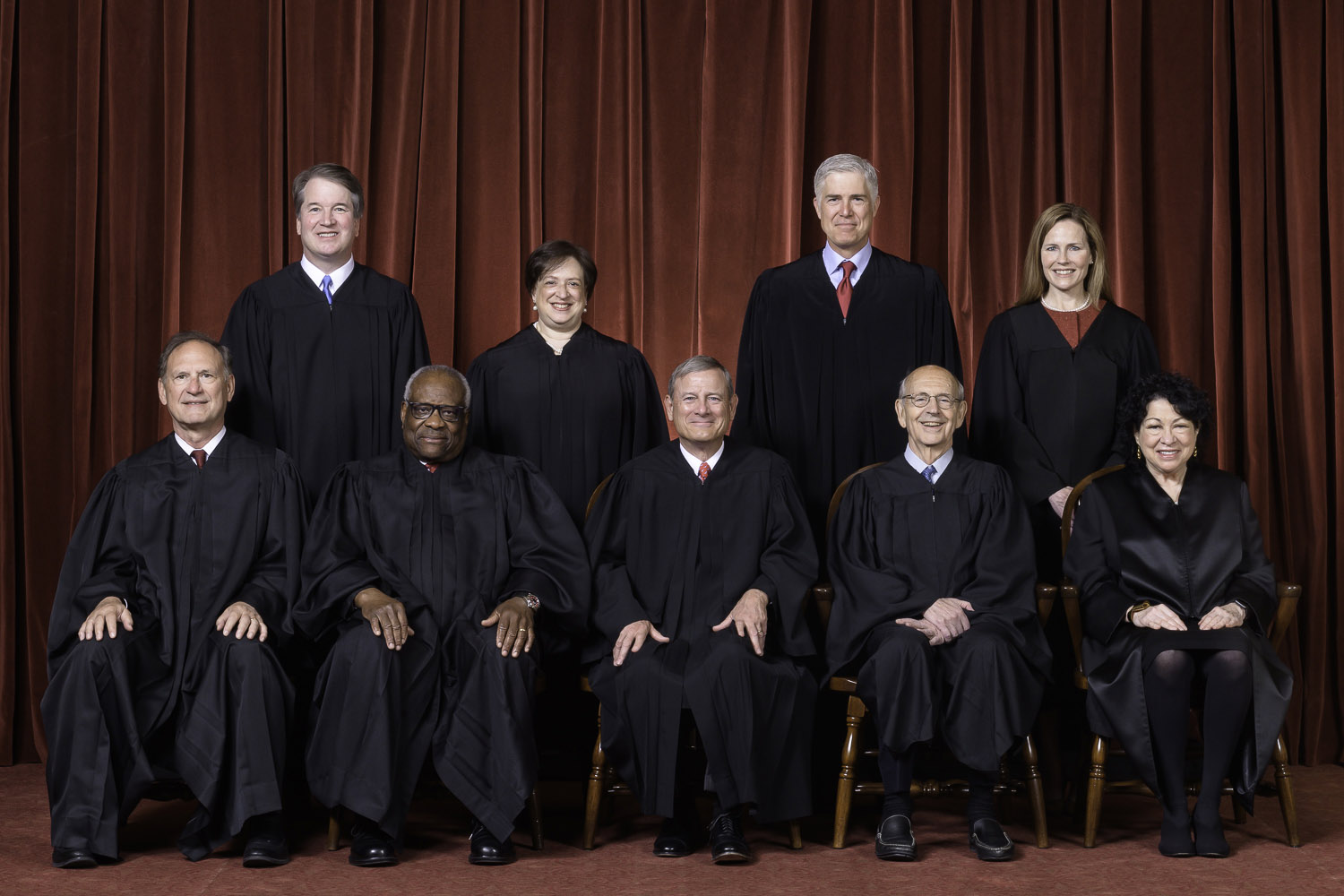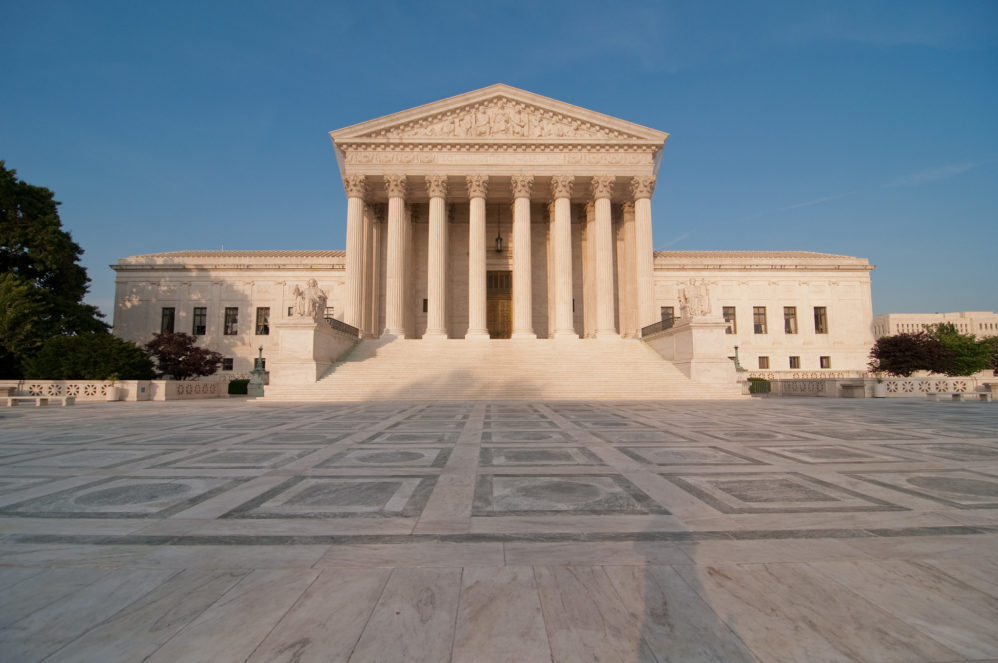The Supreme Court has allowed Congress to delegate unchecked power to unelected agency officials, but that may change soon.
A new Supreme Court brings new hope to reeling in unchecked federal power. For the last few decades, the Supreme Court has allowed Congress to delegate unchecked power to unelected agency officials, who are mainly part of the executive branch. The executive branch has thus legislated through unelected officials and latched onto powers not granted to them via the Constitution.
The most recent example is President Joe Biden’s mandate that large employers require their workers to be vaccinated or test for the virus weekly.
The executive branch plays a far more significant role in our everyday lives than the Founding Fathers intended. Article 1, Section 1 of the Constitution prescribes that all legislative power lies with Congress. Why then, has the executive played such a significant role in creating law in recent history?
For example, Biden announced he will look into having the Department of Education, an executive agency, mandate masks for all school children, despite kids facing almost zero risk from Covid-19.
The Centers for Disease Control and Prevention, an agency to prevent and control disease, injury, and disability, inserted itself into the real estate market and enacted an eviction memorandum, preventing landlords from evicting tenants because of Covid-19.
The Federal Aviation Administration was created to enforce regulations dealing with manufacturing, operating, and maintaining aircraft. This has translated into the FAA enforcing masks for all airplane passengers.
We’ve even seen the Securities Exchange Commission go after brokers for providing certain cryptocurrencies, based on their definition of what constitutes a security.
 |
| Current Supreme Court Justices |
The Supreme Court Gave Agencies More Discretion
In early cases, such as the 1935 case Panama Refining Co. v. Ryan, the Supreme Court held that Congress could not delegate power without providing a clear standard for how to exercise that power.
By 1989, this so-called non-delegation doctrine began to unravel. In Mistretta v. United States, the Supreme Court held that where Congress gave a few guidelines to follow when rulemaking, this acts as a sufficient guiding principle. In 2019, the Court ruled in Gundy v. United States that as long as Congress tells an agency to act “reasonably” or “feasibly,” that is enough guidance and the agency can flesh out the details of the law.
Today, when Congress leaves a gap in a statute and essentially gives an agency the power to act as reasonable within that gap, so long as the agency acts reasonably, courts will afford it the discretion to decide how to act. This kind of unchecked power is certainly not what the Framers had in mind.
3 Constitutional Ways Congress May Delegate Power --->READ MORE HERE
If you like what you see, please "Like" us on Facebook either here or here. Please follow us on Twitter here.


No comments:
Post a Comment